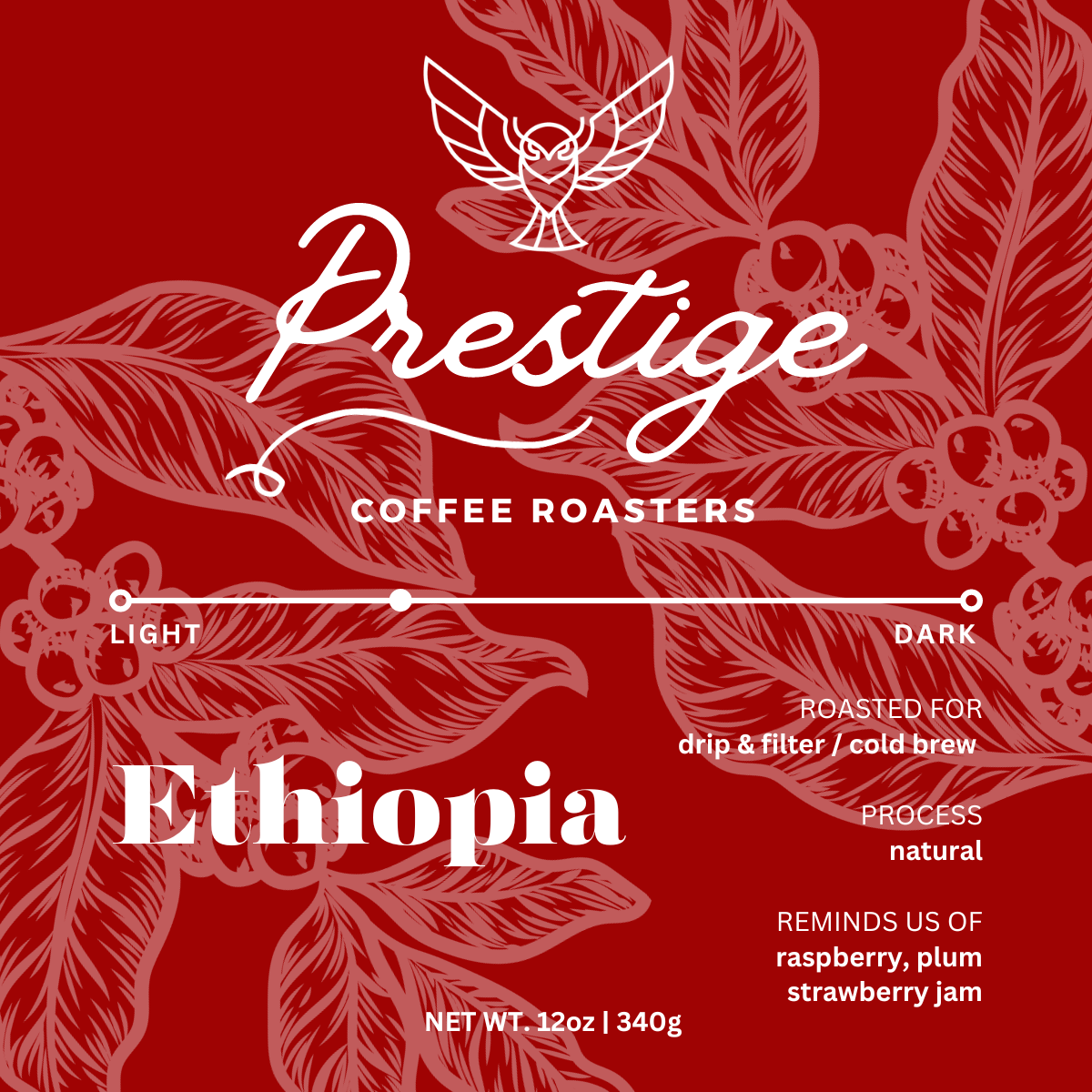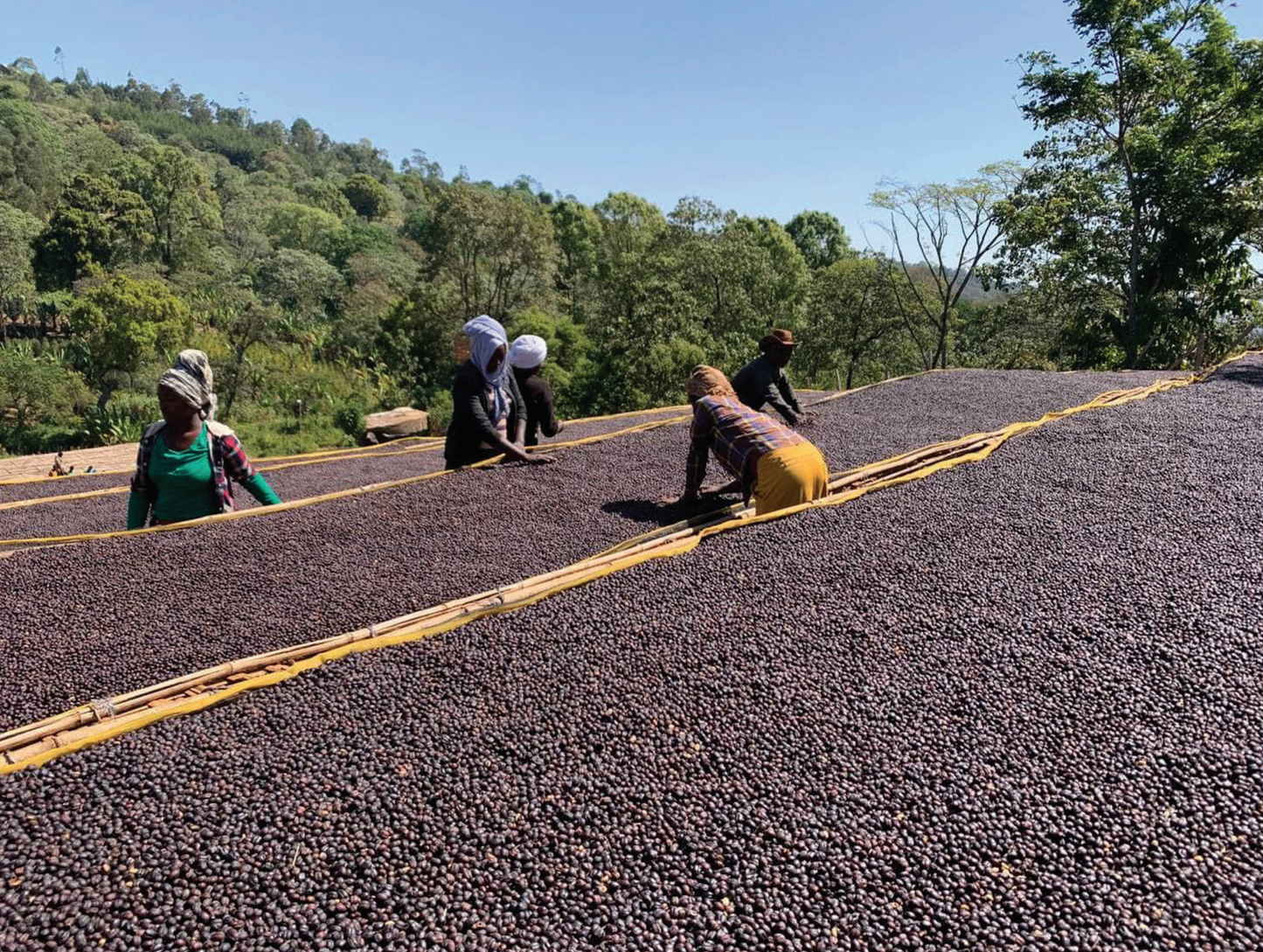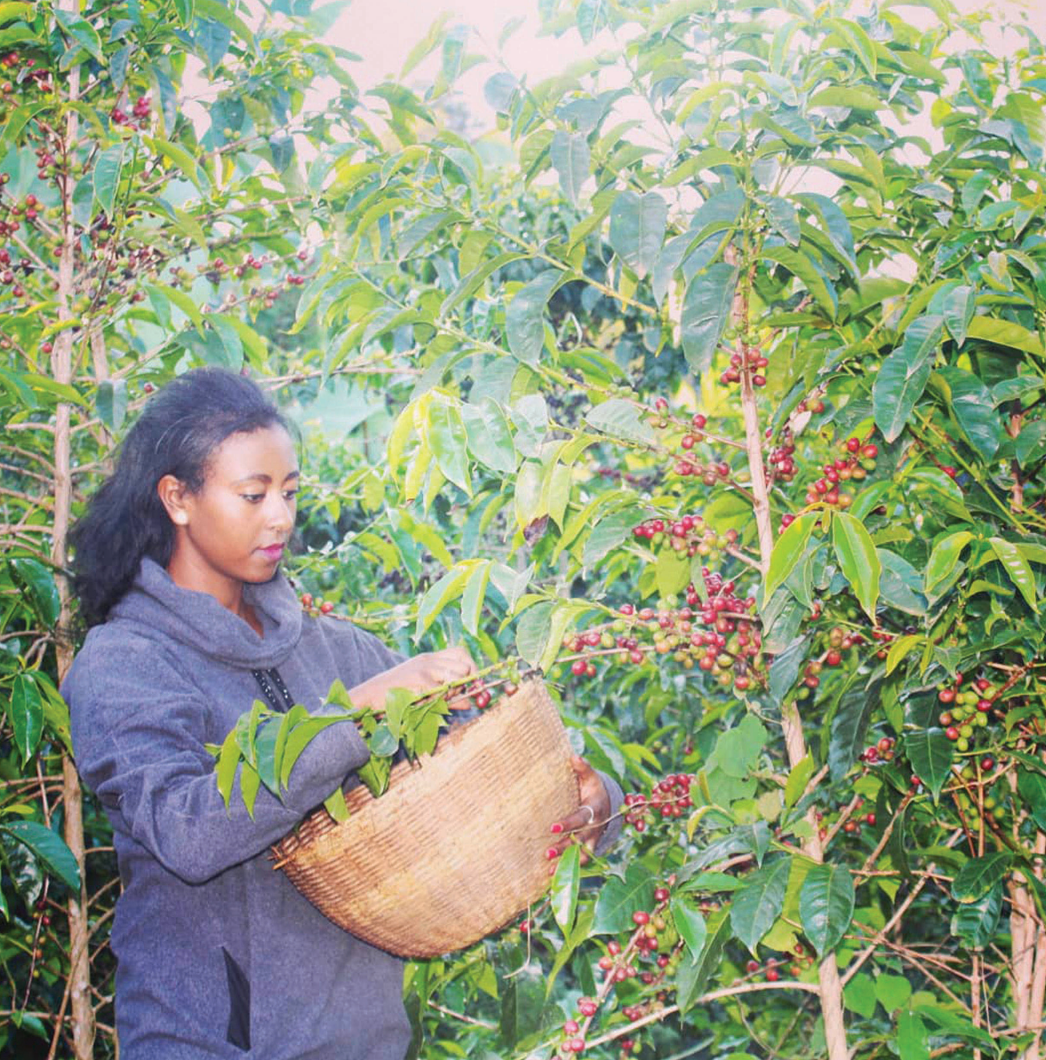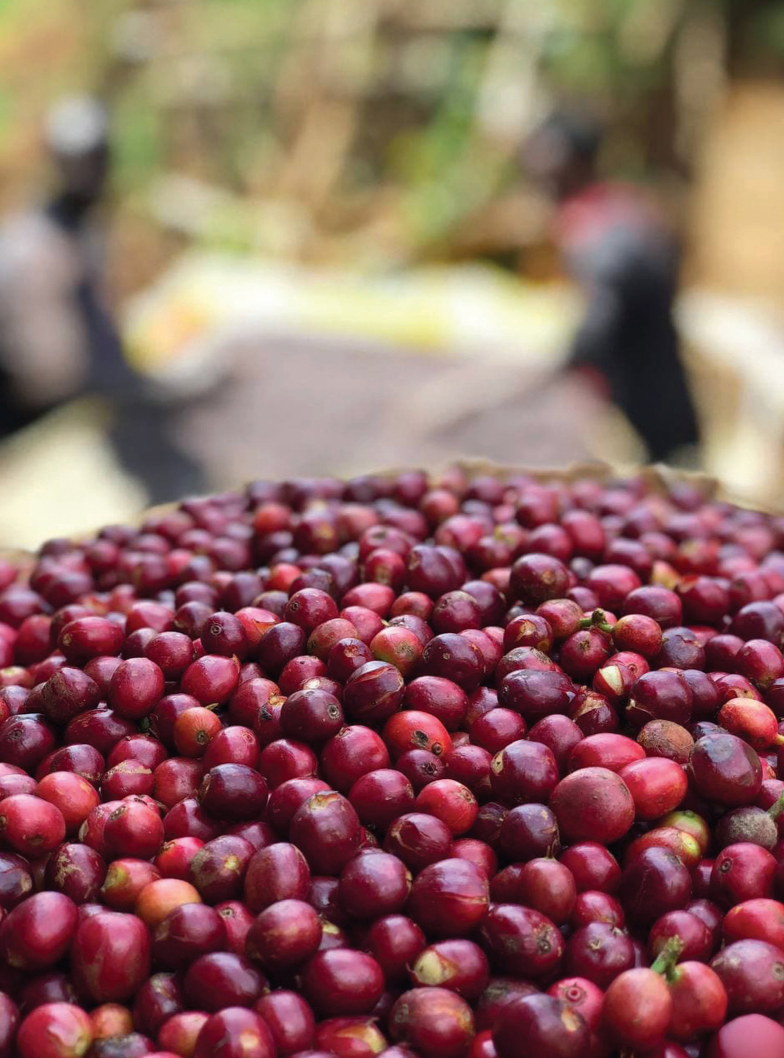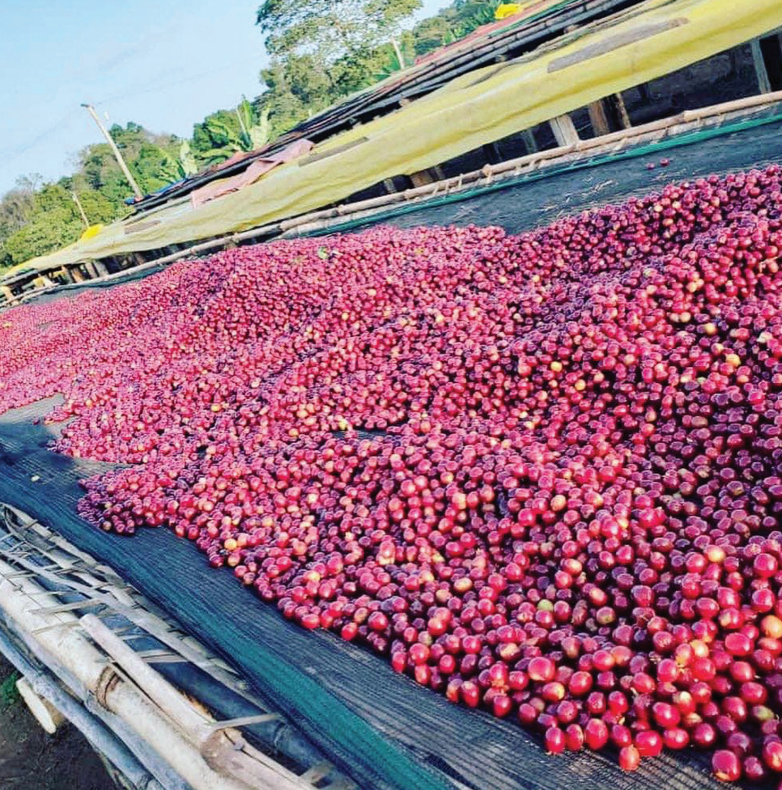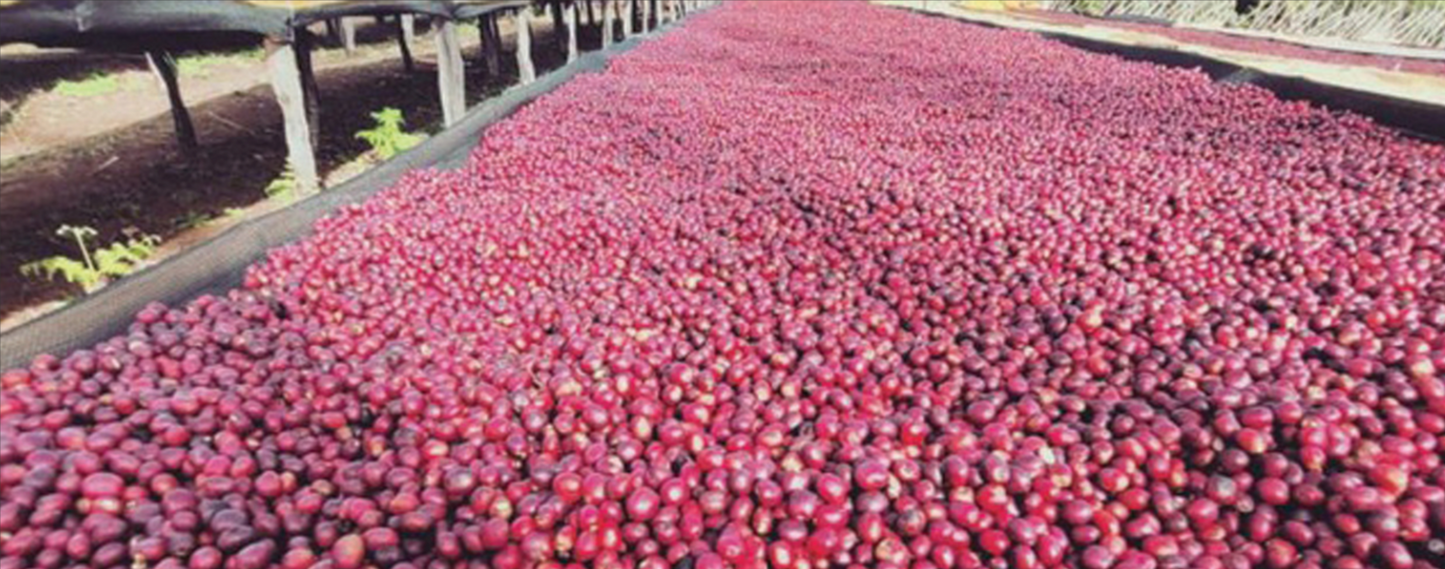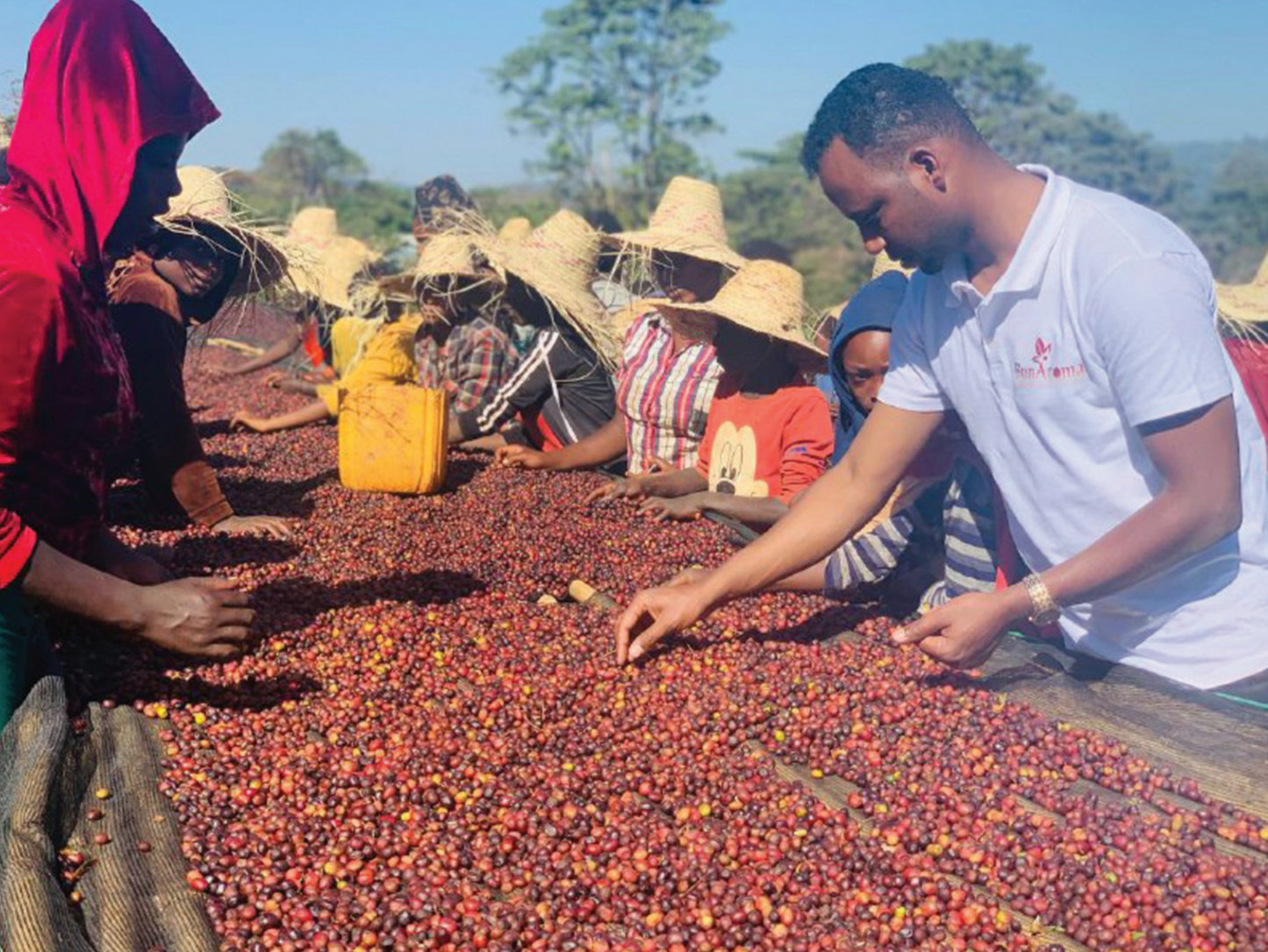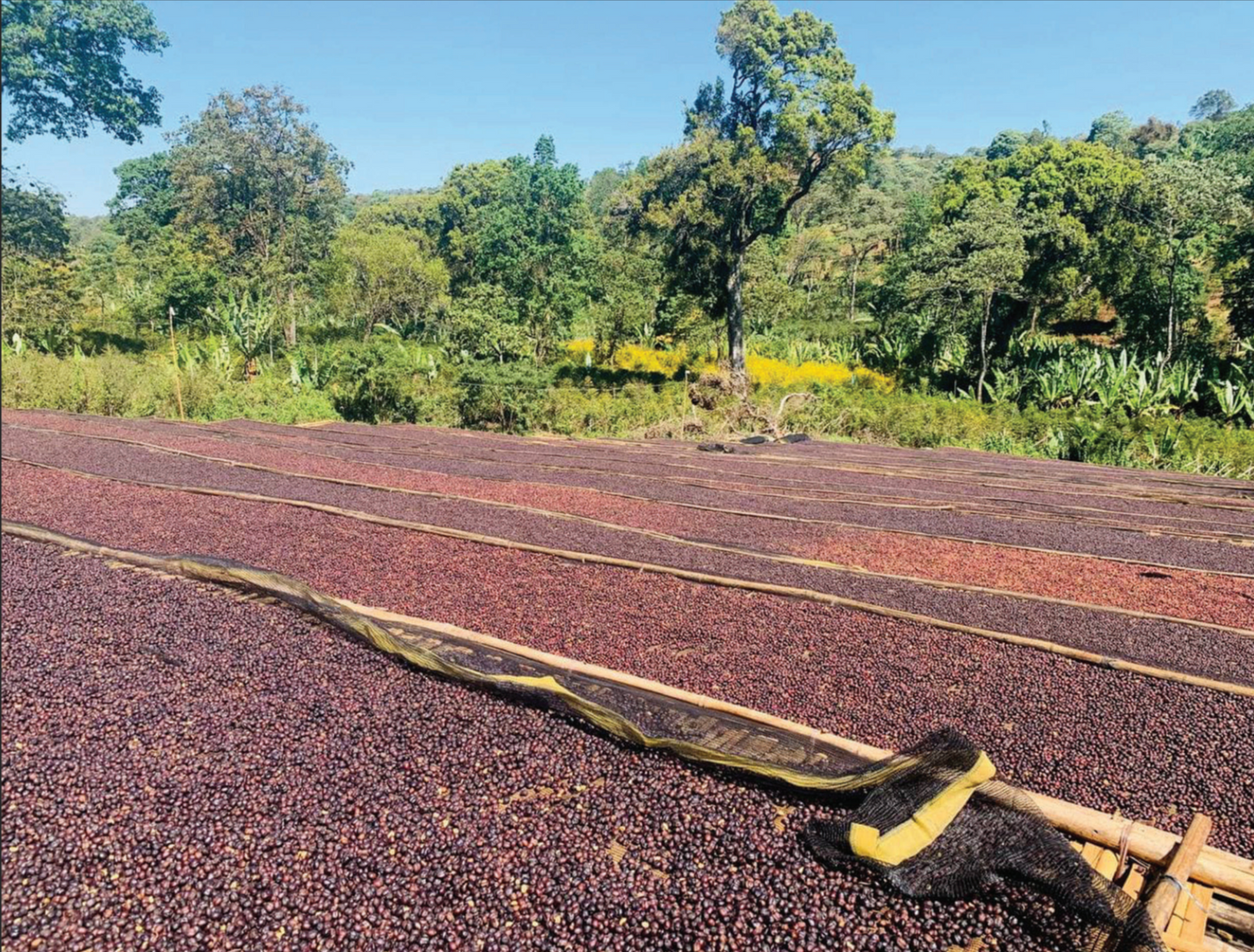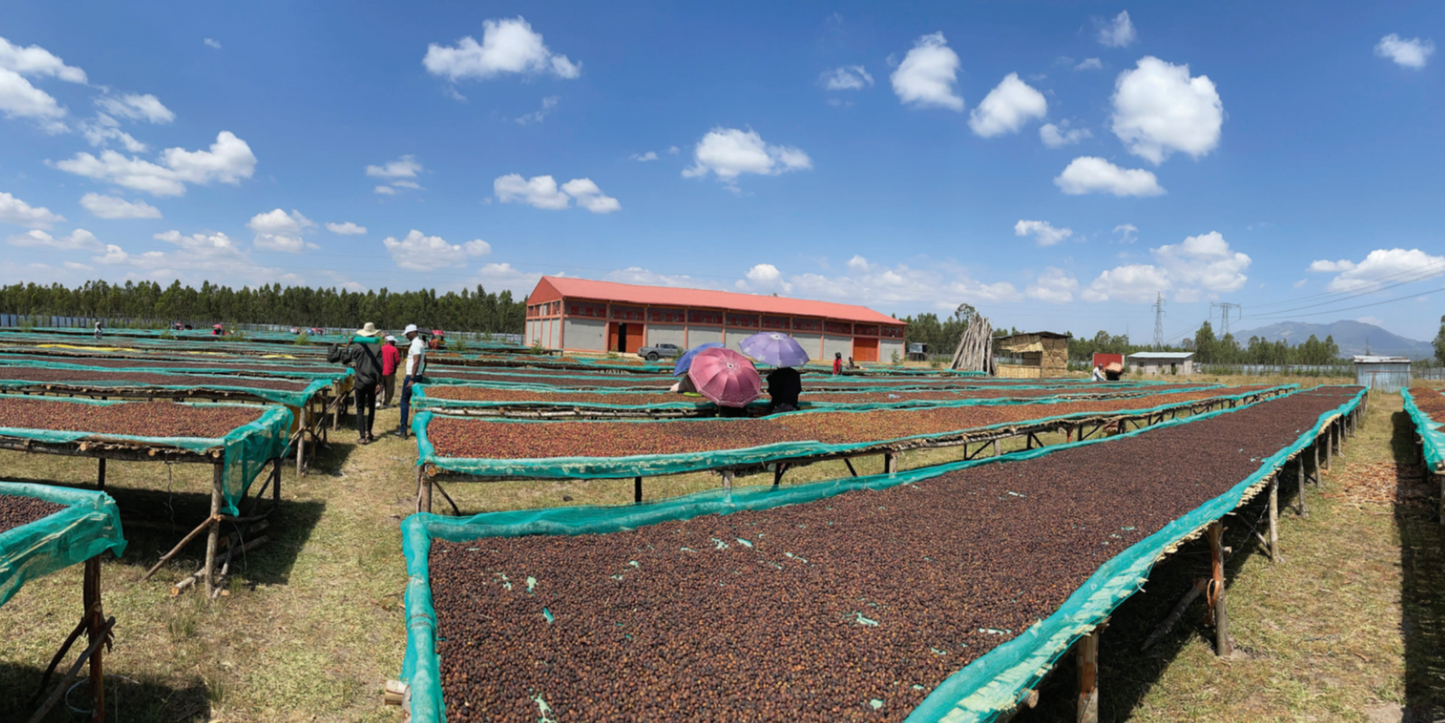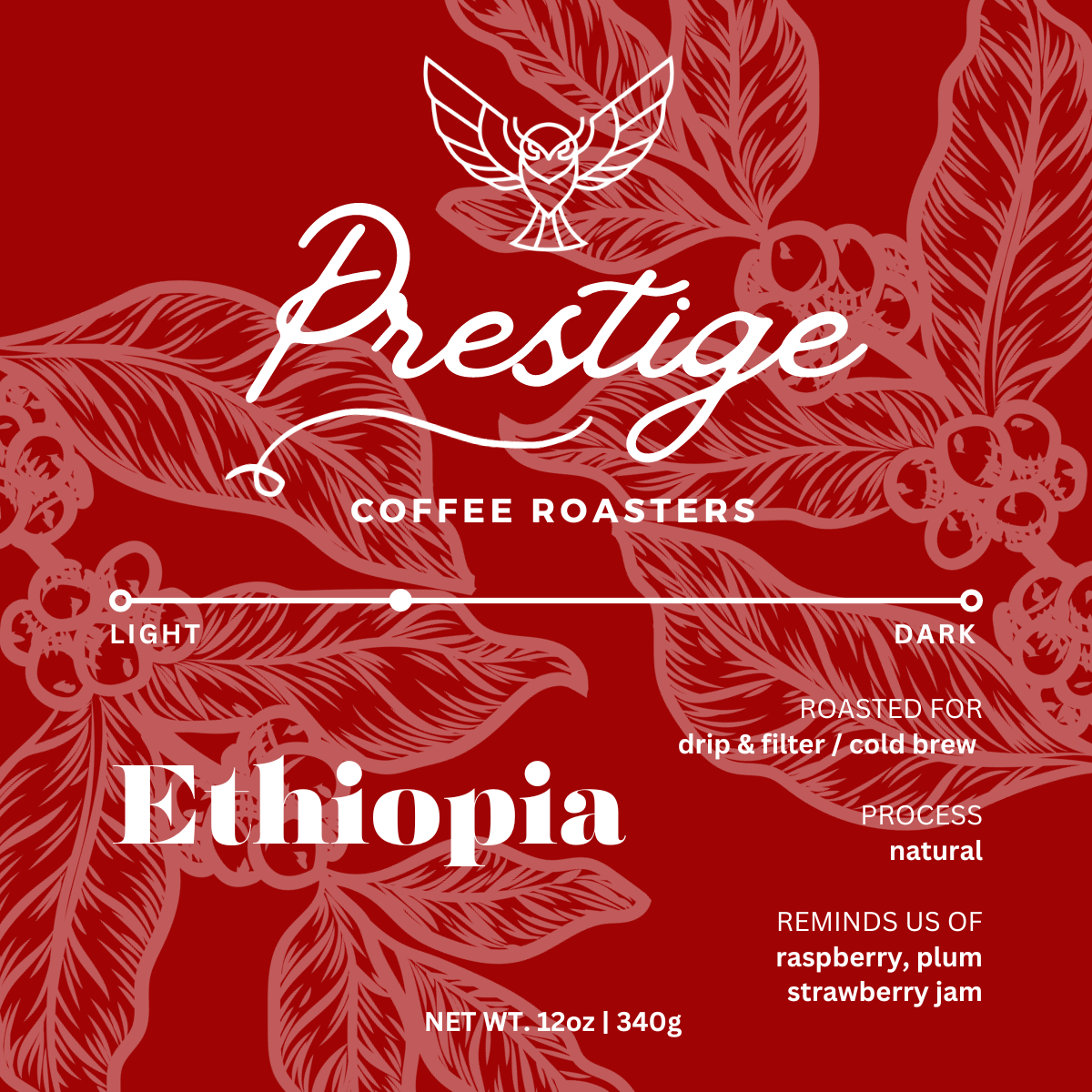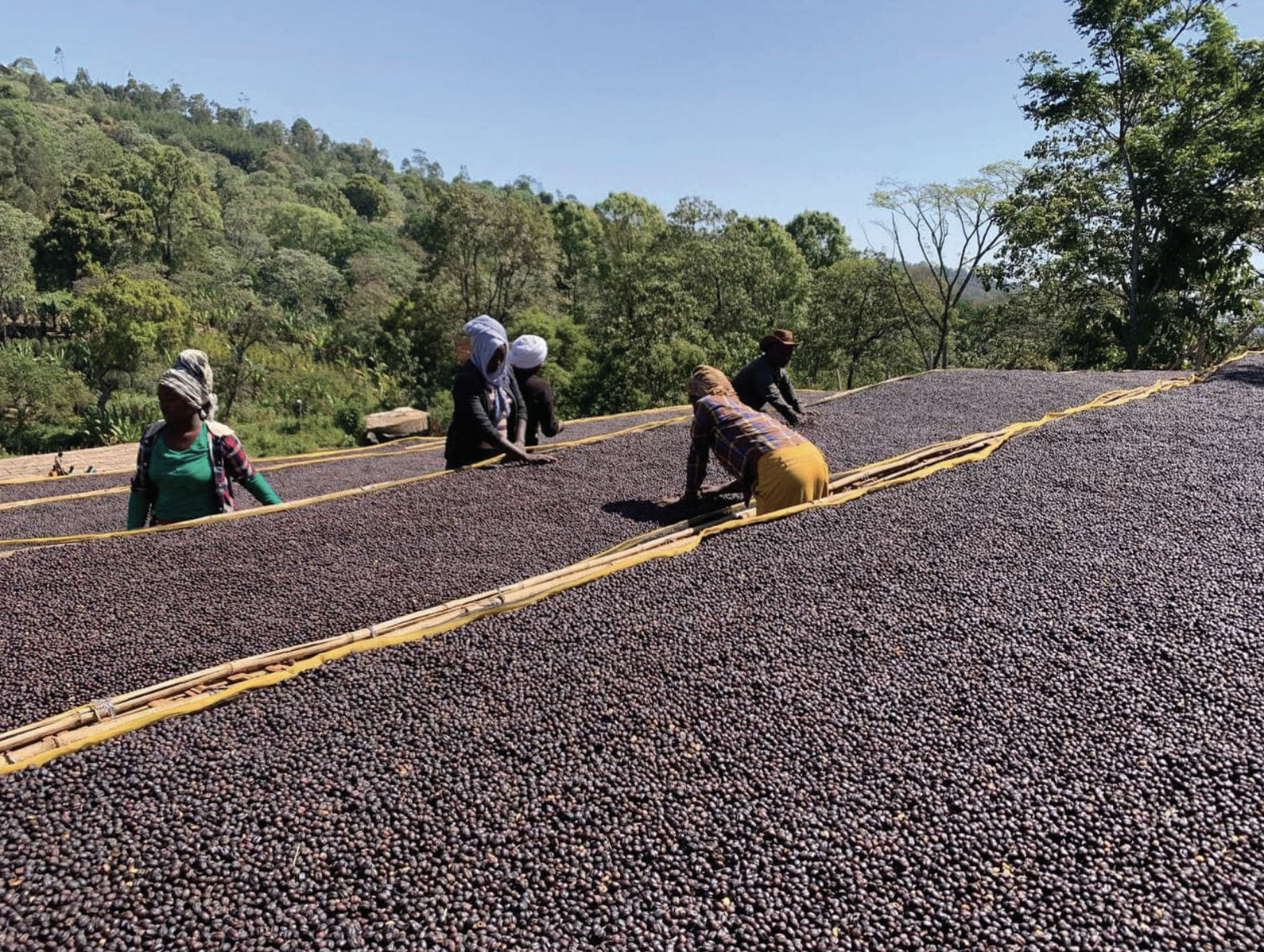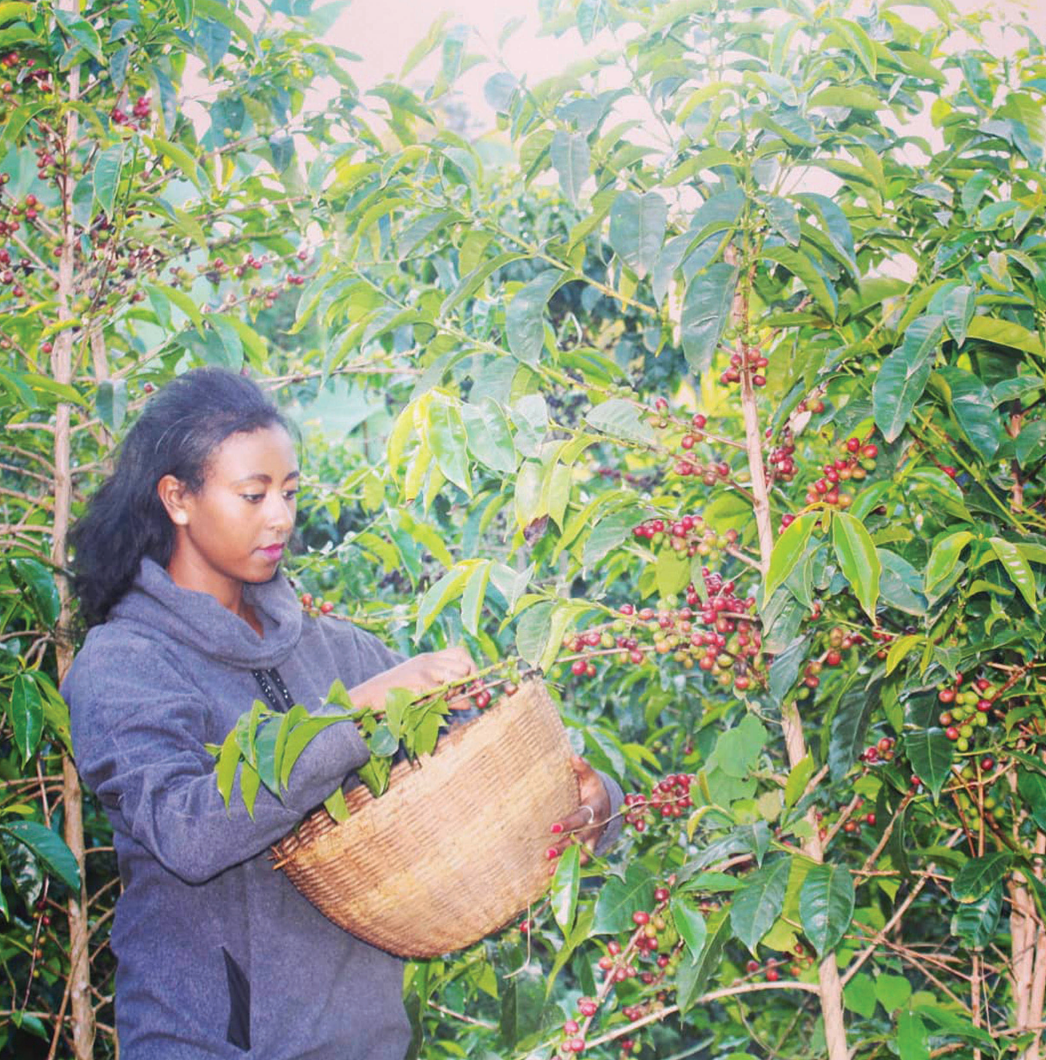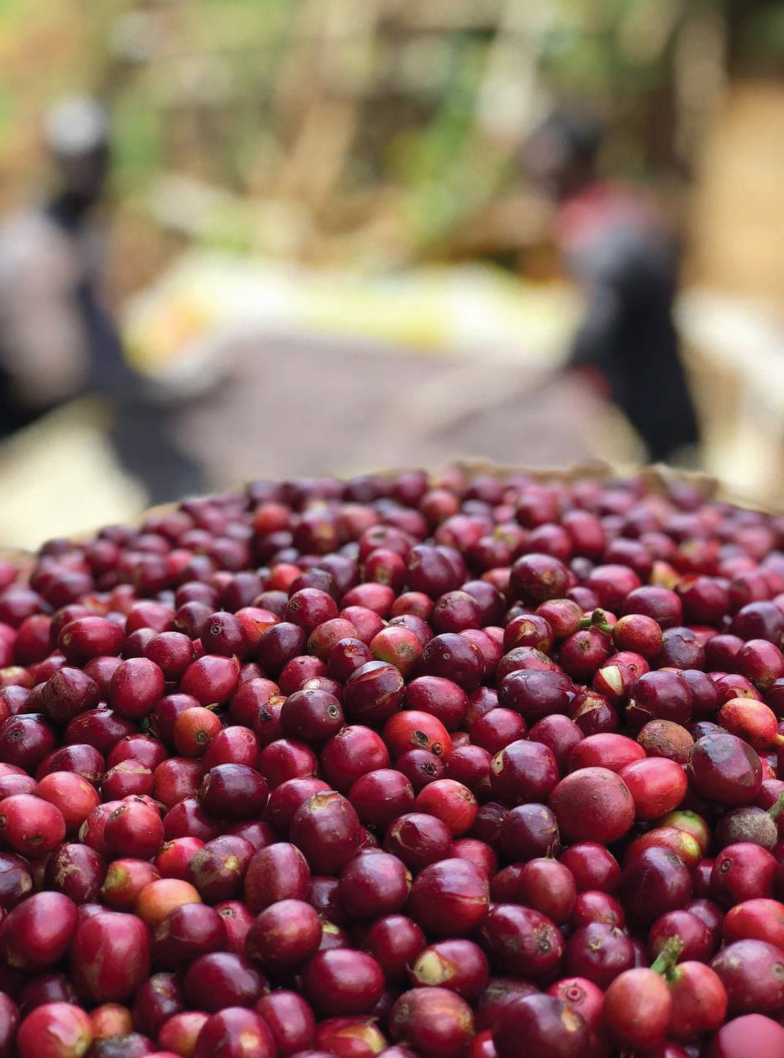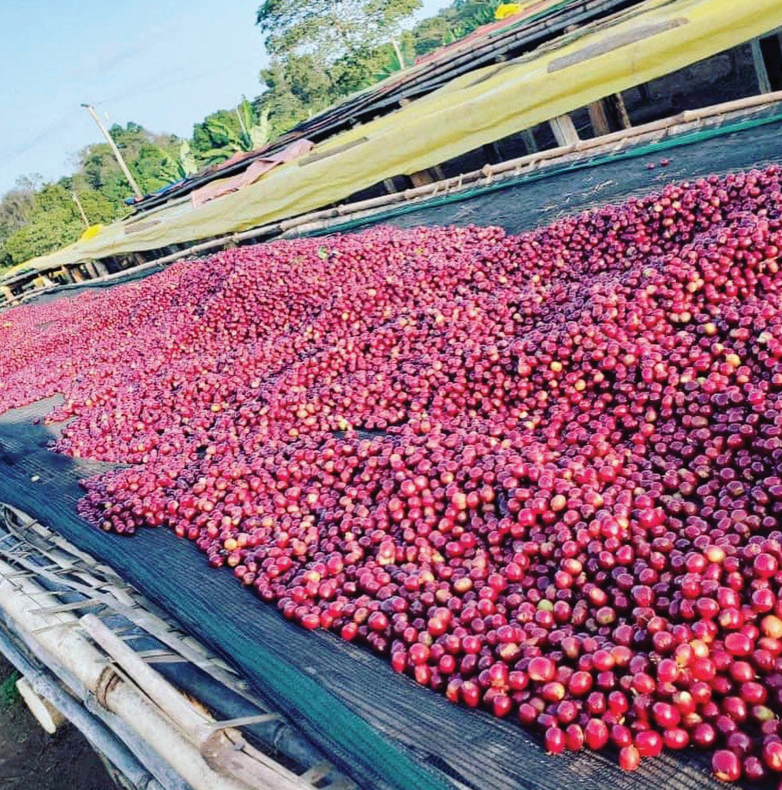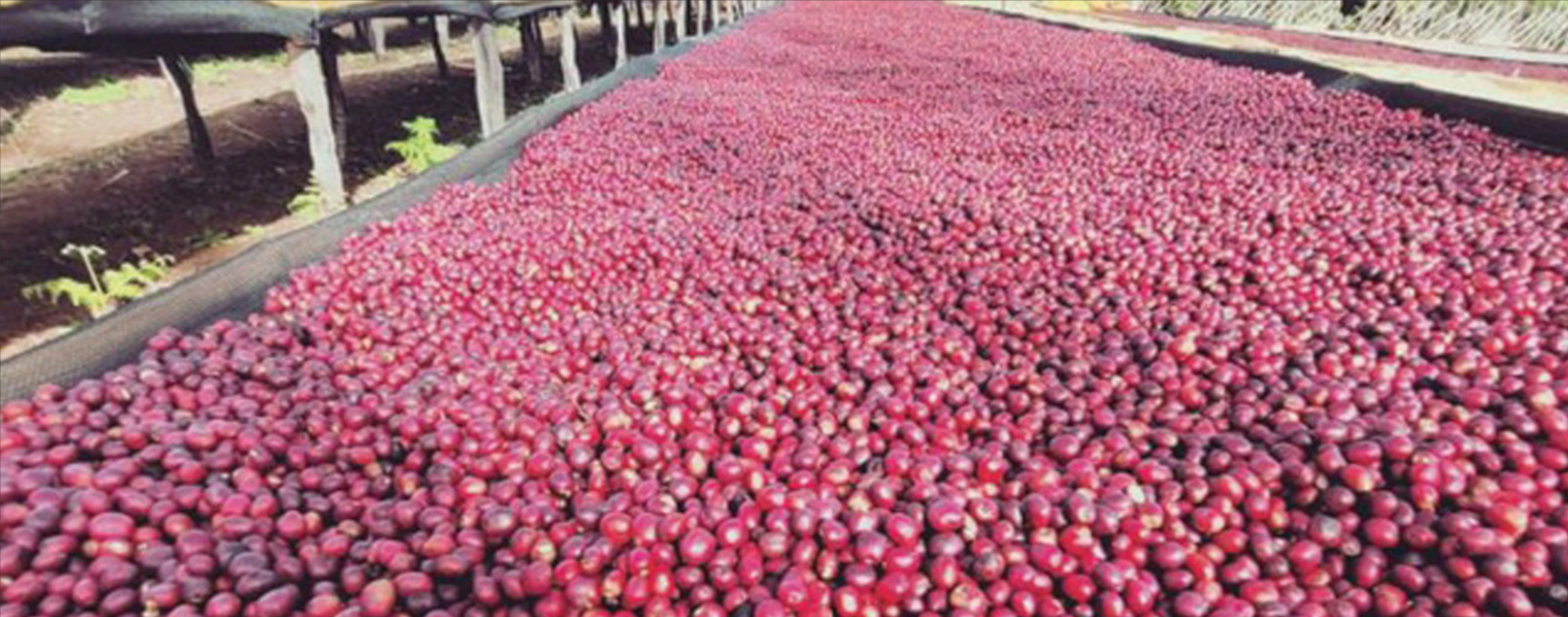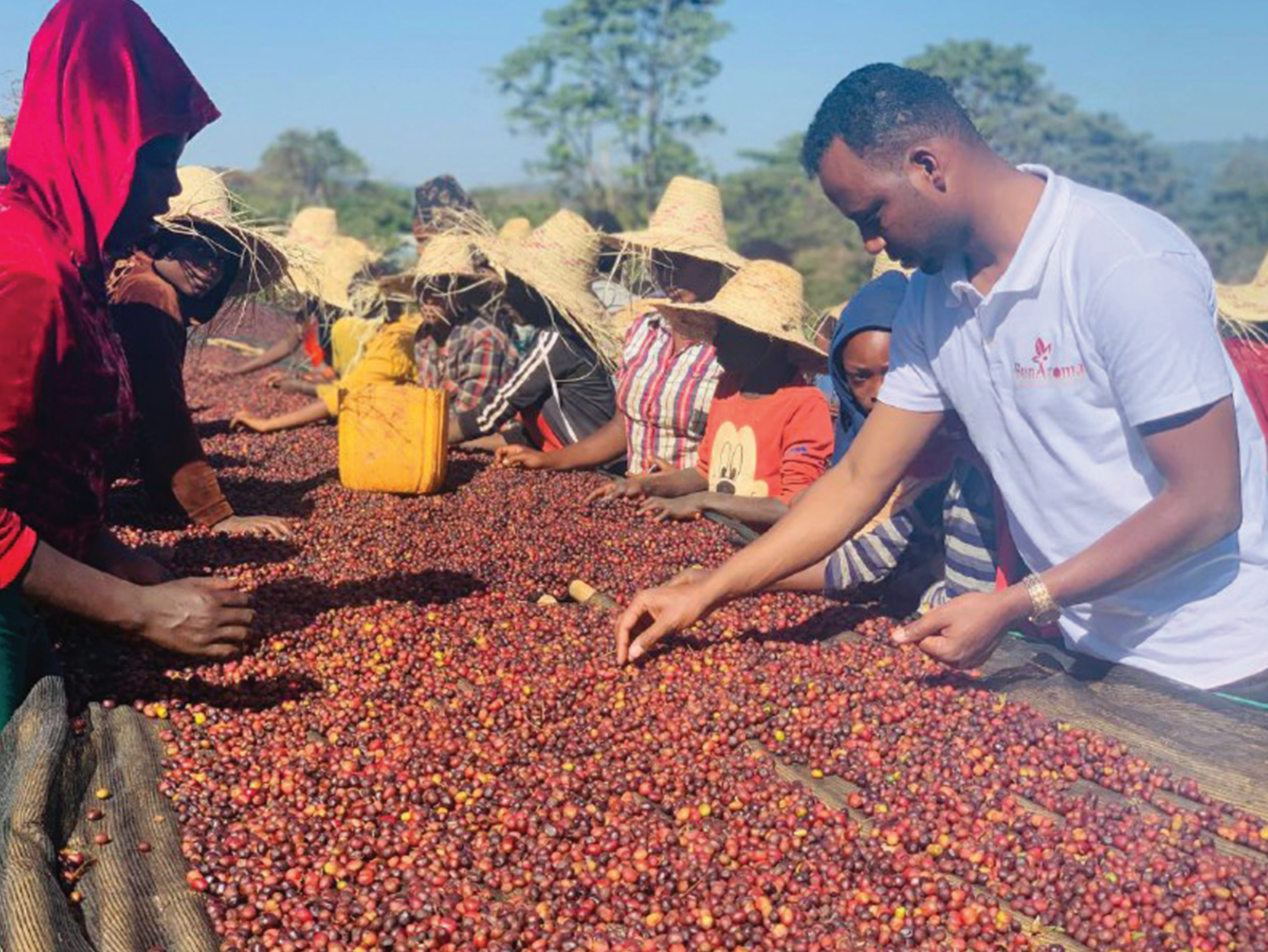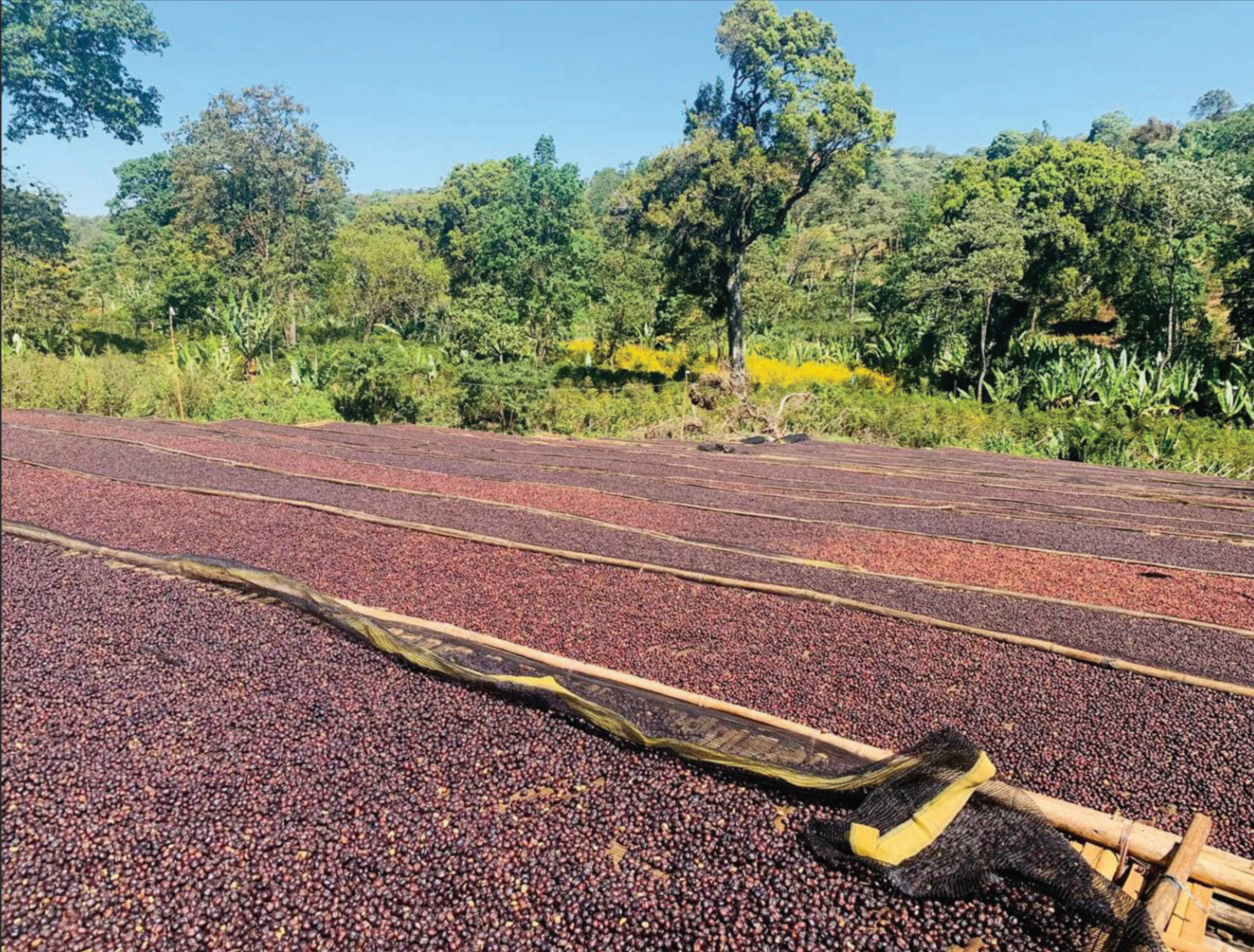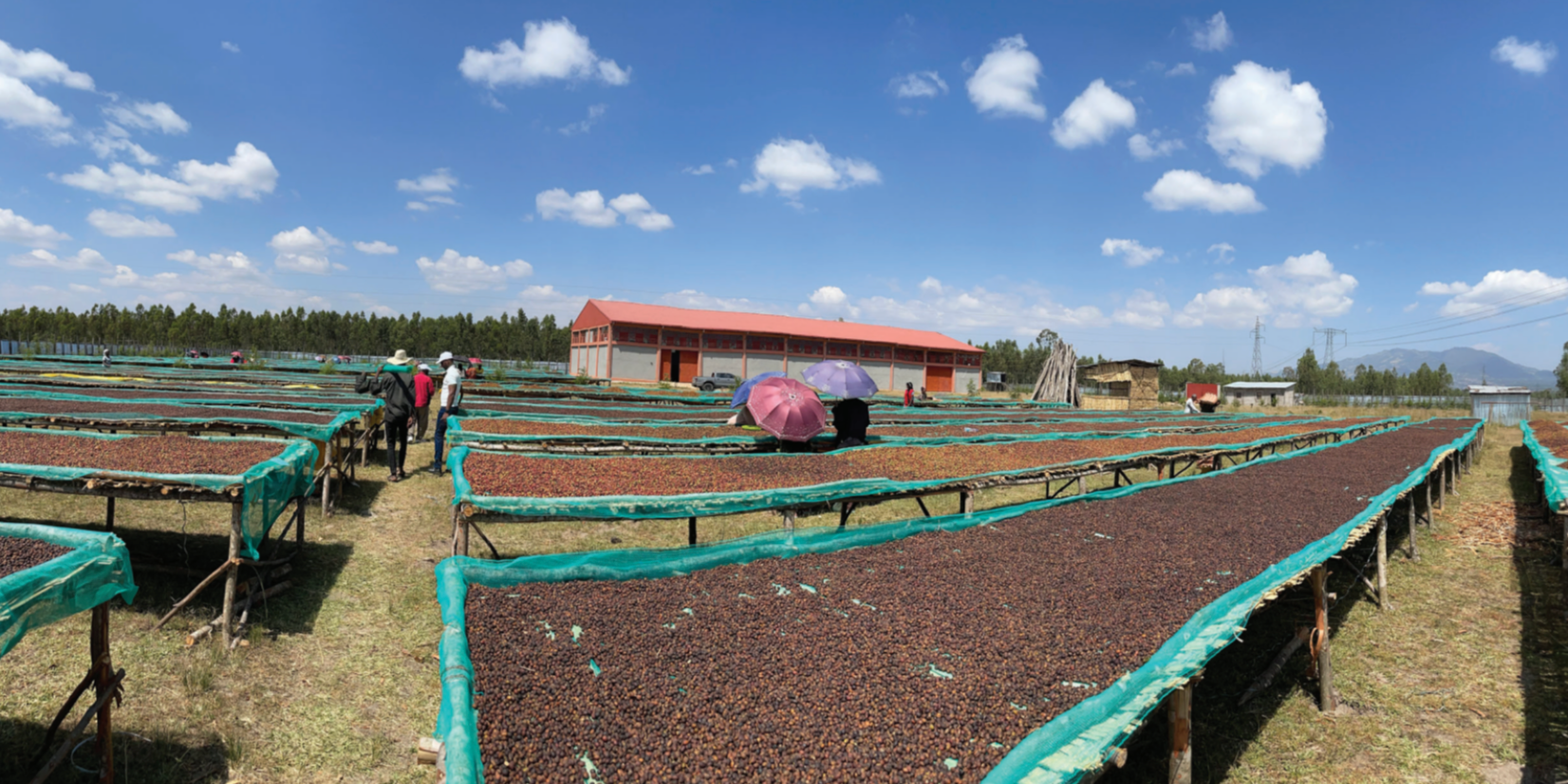Prestige Coffee Roasters
Ethiopia
Ethiopia
Couldn't load pickup availability
Ethiopia
We carefully select our Ethiopian coffees that gives us the flavor profile of raspberry, plum, strawberry jam. Then we specifically cater our roasting profile for this coffee to preform best as a light and bright drip & filter coffee. The Ethiopian coffees for this roast are rotated seasonally based on farm schedules and availability.
Recommended Brewing Method
We recommend brewing this coffee as either a pour-over or cold brew. This coffee reminds us of biting into a juicy peach or blueberry, this coffee bursts with a juicy sweet flavor which shines in a pour-over or cold brew.
A Higher Standard: Choosing Single-Origin Over Blends
Even those we name some of our roasts, we do not serve blends at Prestige Coffee. Over the years of trying many different single-origin coffees and coffee blends from all over the United States, we kept finding ourselves enjoying single-origin coffees more. This is because coffees that are the same varietal, grown in the same altitude and soil acidity produce coffees that are of similar size, density, and sugar content. This makes single-origin coffees extract more evenly, and your final product with more distinguishable flavor notes then blends.
About the farm
The Natural Guji – Uraga is processed at Yismashewa Drying Station. The station is located in the Oromia Region Guji Zone Uraga Woreda Dida Hora Kebele and is owned and operated by Lego Tiba Malde. She started working in the coffee business with her family 15 years ago. Since then she has started her own drying and washing station, creating job opportunities for young women in the area. There are now 130 women working at Yismashewa Drying Station today. This lot is collected from the Uraga district and delivered to the station for dry processing. Among the farmers, the station works with 19 women farmers from those kebele. The farms have adopted sustainable agriculture methods such as agroforestry. They grow coffee plants among other trees such as fruit and shade trees which allow farmers to balance out the CO2 emissions that coffee cultivation generates. As a result the CO2 is absorbed from the atmosphere to reduce carbon footprint. Their dedication to sustainable agriculture improved the soil health, which in turn maximized coffee quality.
